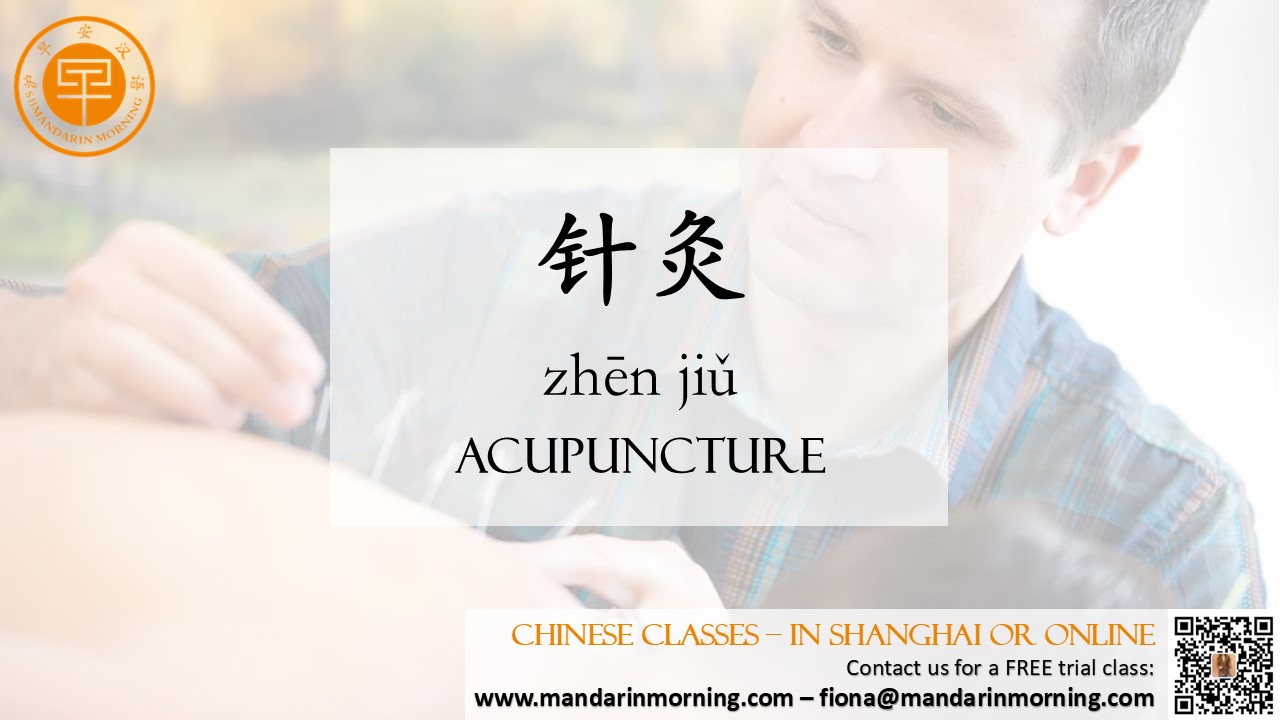【Learn Chinese】The Ancient Art of Acupuncture |
| Acupuncture is an ancient form of healing that has been practiced in China for thousands of years. It is a key component of Traditional Chinese Medicine (TCM), which views health as a balance between the body's vital life forces, known as 'qi' (气). When this balance is disrupted, illness can occur. Acupuncture aims to restore this balance by stimulating specific points on the body to improve the flow of qi and blood. In this article, we will explore the history, principles, and modern applications of acupuncture, as well as introduce some essential vocabulary related to this practice.  History and Principles: Acupuncture's origins can be traced back to the Han Dynasty (202 BCE – 220 CE), where it was first documented in the "Huangdi Neijing" (黄帝内经), a foundational text in TCM. The practice is based on the concept of meridians (经络), which are pathways through which qi and blood flow. These meridians are connected to specific organs and correspond to different functions in the body. Stimulation of Points: The points on the body where acupuncture needles are inserted are called 'acupoints' (穴位). There are over 360 acupoints that have been identified, each with a specific name and function. For example, 'Zusanli' (足三里) is an acupoint known to strengthen the spleen and boost the immune system. Modern Applications: Today, acupuncture is used to treat a wide range of conditions, from chronic pain and headaches to anxiety and insomnia. It is also used as a complementary therapy in cancer treatment to alleviate side effects of chemotherapy and radiation. Scientific Research: While the mechanisms of acupuncture are not fully understood, many studies suggest that it may work by releasing endorphins, the body's natural painkillers, and by affecting the release of neurotransmitters and hormones. Acupuncture has been recognized by the World Health Organization as an effective treatment for over 40 conditions. Vocabulary: Acupuncture: 针灸 (Zhēnjiǔ) Traditional Chinese Medicine: 中医 (Zhōngyī) Qi: 气 (Qì) Meridians: 经络 (Jīngluò) Acupoint: 穴位 (Xuéwèi) Zusanli: 足三里 (Zú Sān Lǐ) Spleen: 脾 (Pí) Immune System: 免疫系统 (Miǎnyì Xìtǒng) Acupuncture stands as a testament to the wisdom of ancient Chinese medicine. Its ability to alleviate suffering and promote health has been recognized not only in China but around the world. As more research is conducted, the mysteries of acupuncture continue to unfold, offering new insights into this ancient practice. Whether you are interested in learning more about Chinese medicine or seeking alternative therapies for health concerns, acupuncture may offer a path to healing and well-being. |